Wrestling with God
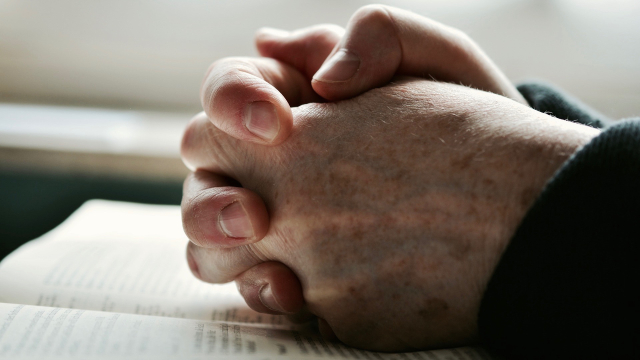
Genesis 32: 22-31
22 The same night he got up and took his two wives, his two maids, and his eleven children, and crossed the ford of the Jabbok. 23 He took them and sent them across the stream, and likewise everything that he had. 24 Jacob was left alone; and a man wrestled with him until daybreak. 25 When the man saw that he did not prevail against Jacob, he struck him on the hip socket; and Jacob’s hip was put out of joint as he wrestled with him. 26 Then he said, “Let me go, for the day is breaking.” But Jacob said, “I will not let you go, unless you bless me.” 27 So he said to him, “What is your name?” And he said, “Jacob.” 28 Then the man said, “You shall no longer be called Jacob, but Israel, for you have striven with God and with humans, and have prevailed.” 29 Then Jacob asked him, “Please tell me your name.” But he said, “Why is it that you ask my name?” And there he blessed him. 30 So Jacob called the place Peniel, saying, “For I have seen God face to face, and yet my life is preserved.” 31 The sun rose upon him as he passed Penuel, limping because of his hip.
Like most of us at one time or another, Jacob was in a tight spot. Twenty years earlier he had cheated his brother Esau out of his birthright and fled for his life. Now returning home, he knew that an encounter with Esau loomed the next day, and he feared wholesale revenge.
Having taken whatever precautionary steps he could, he decided to spend the night alone by the ford of the Jabbok. Apparently from nowhere, another person appeared on the scene, and there ensued what has been described as ‘the strangest wrestling match in history’. This unlikely encounter was to prove a turning-point in Jacob’s life and, as John Calvin says, a paradigm of our own wrestling with God today.
In his fear and anxiety, Jacob at first felt his greatest need to be to find an escape from Esau. By the end of the night he knew that his greatest need was to trust in the promise of God’s presence, recognizing that God himself was in fact the blessing he sought.
In Jacob’s story we can recognize our own struggles and conflicts, times of trial when we wonder what can go wrong next. In the face of life’s testing experiences, Jacob encourages us to spend time in persistent, even painful, wrestling with God in prayer. ‘I will not let you go unless you bless me’ (verse 26).
Martin Luther points out that the story gives a picture of wresting with a seemingly hostile God in prayer. In his struggle with God, Jacob found himself wounded. As a result, he would limp for the rest of his days. Such brokenness, however, turns out to be a part of the blessing, for the vulnerability it brings encourages greater dependence on God himself (on the theme of strength in weakness see Mark 10: 35-45 and 2 Corinthians 12: 1-10).
Julian of Norwich wrote of her desire to receive three wounds as God’s gift: ‘the wound of true contrition (‘sorrow for sin’), the wound of genuine compassion, and the wound of sincere longing for God.’ It is worth reflecting on how these wounds might be related to each other and what benefits they might have brought to Julian – and might bring to us.
Prayer
Lord, as we reflect on this story of Jacob’s wrestling with the angel and asking that he might be blessed, we too come to you for your blessing. There are times in our lives when we feel anxious, lonely and sorry for ourselves. We thank you that you come near us in our struggles. Help us to wrestle with you in prayer and, as recipients of your blessing, to be a blessing to others in our daily lives. In Jesus’ name we pray. Amen.




 Add to Favourites
Add to Favourites

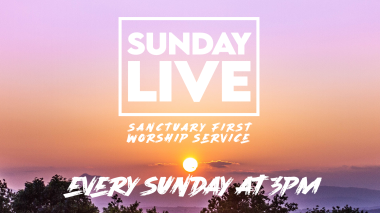
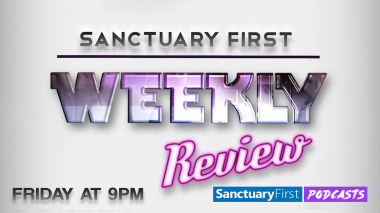

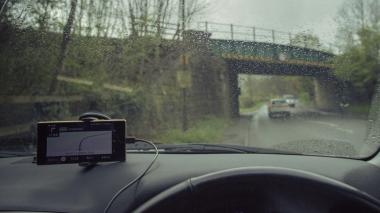

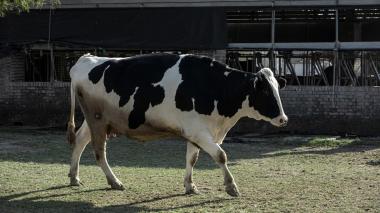

Login to comment.